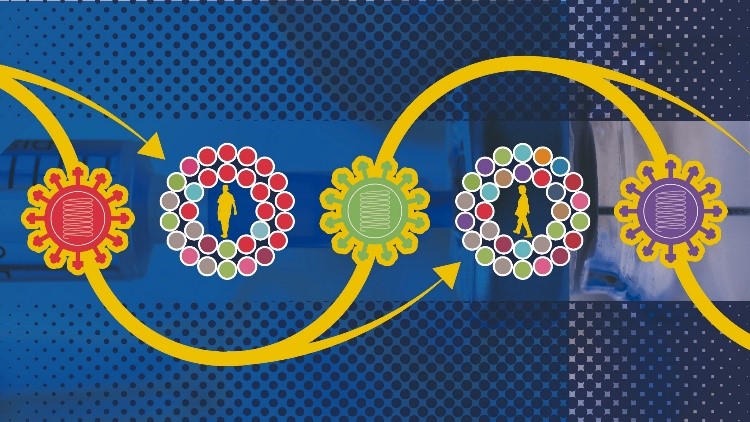Free Courses Sale ends Soon, Get It Now


Free Courses Sale ends Soon, Get It Now



Disclaimer: Copyright infringement not intended.
Context:
What is immune imprinting?
Mechanism
Recent study pertaining to CoronaVirus Vaccine:
How to circumvent immune imprinting?
|
What are B-cells? B-cells are the type of cells that produce antibodies to fight bacteria and viruses. These antibodies are Y-shaped proteins that are specific to each pathogen and are able to lock onto the surface of an invading cell and mark it for destruction by other immune cells. T Cells A type of white blood cell. T cells are part of the immune system and develop from stem cells in the bone marrow. They help protect the body from infection and may help fight cancer. Also called T lymphocyte and thymocyte. There are two main types of T-cells: Helper T-cells stimulate B-cells to make antibodies and help killer cells develop. Killer T-cells directly kill cells that have already been infected by a foreign invader. |
© 2024 iasgyan. All right reserved